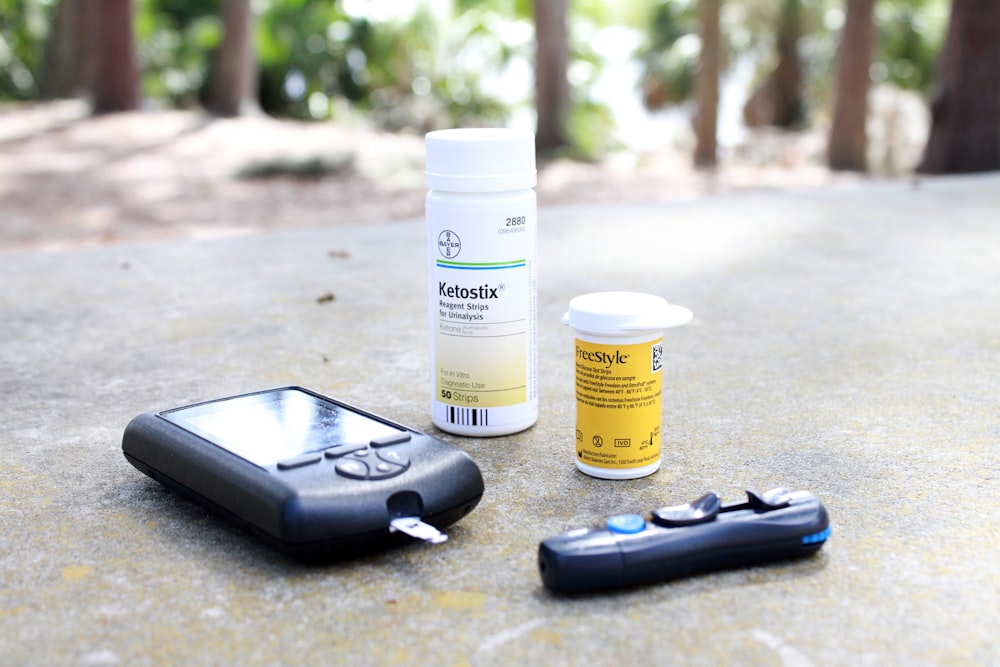Diabetes comes in a variety of forms. Although the treatment methods vary, the ultimate objective is the same: to achieve optimal blood sugar control to avoid or delay Diabetic Complications. These might include everything from eyesight loss to renal disease.
Blood glucose management takes effort, but working with your medical partner to develop specific goals and sticking to them may help control and treat common diabetes problems. Diabetes patients can lead long and healthy lives. Prediabetes or type 2 diabetes patients who practice healthy habits can even put their condition in remission.
Here are some simple tips to lower your risk of diabetic complications.
Improve Your Sleep Quality
Sleep deprivation and insufficient sleep have been recognized as risk factors for glycemic control and blood sugar elevation. Additionally, sleep apnea and restless legs syndrome are related to sleep problems.
Avoiding electronics or blue lights 30 minutes before bedtime is a good place to start. You should also steer clear of stimulants like coffee and chocolate before bed; keep your room dark, calm, and quiet. Getting seven or more hours each night has proven beneficial for most individuals. THC may help impair sleep quality in long run. You can also take some supplements such as THC vape pen nfused with melatonin—a sleep aid to get better sleep quality.
Maintain a Healthy Blood Sugar Level
This one may seem easier said than done, but any improvement in your management can help you prevent complications. Several approaches can assist with blood sugar regulation. Testing your blood glucose, keeping a blood glucose diary, and simply trying to comprehend the information are essential aspects of properly managing your diabetes. Diabetes education classes are also provided to assist people with diabetes in gaining better control of their condition. Consult your doctor regarding joining a course.
Maintain a Healthy Blood Pressure and Cholesterol Level
High blood pressure can damage your blood vessels, just as they are caused by diabetes. High cholesterol harms people with diabetes more severely and quickly. When these factors come together, they can cause a heart attack, stroke, or other life-threatening situations.
Managing high blood pressure and cholesterol may be as simple as eating a healthy, low-fat, low-salt diet, foregoing excessive alcohol, and exercising regularly. If required, your health care professional may also advise you to take prescription medicine.
Adopt a Balanced Diet
Healthy nutrition is a crucial component of diabetes therapy. Patients with diabetes should know how carbohydrates (a macronutrient the body requires for fuel) affect blood sugar levels. It’s critical to understand how to include sustainable, healthy, and safe eating behaviors that keep you satisfied while also helping you achieve your health objectives.
The American Diabetes Association (ADA) and the Academy of Nutrition and Dietetics (AND) advocate for an evidence-based approach to personalized meal planning. Registered dietitian nutritionists (RDNs) can assist persons with diabetes in focusing on macronutrient quality while taking cultural factors, culinary preferences, metabolic objectives, and eating patterns into account.
Some people with diabetes might gain from carb counting, while others may be interested in a low-carbohydrate or ketogenic diet. Following the plate technique and eating more vegetables (a Mediterranean-style diet) may also help regulate blood sugar levels in some cases.
Knowing where carbohydrates originate from, checking food labels, calculating quantities, and precisely counting carbs will help meet dietary objectives. There is no “one-size-fits-all” diet. What works for you may not be effective for another.
Exercise
Physical exercise lowers blood sugar levels by increasing insulin sensitivity and decreasing insulin resistance in cells. Exercising is also linked to improved cardiometabolic health, more energy, better sleep, and lower inflammation.
Many individuals find it challenging to maintain a regular fitness routine due to a perceived lack of time, enthusiasm, or inability to ease. Occasionally, people burn out when they start with too much intensity. In addition to fear of low blood sugar, people on insulin or other glucose-lowering medications also have other health conditions that prevent them from starting exercise.
Just doing a couple of minutes each day and gradually increasing your time can significantly impact.
Take Your Medication As Directed
Medication management is frequently required to meet therapeutic objectives in conjunction with diet and exercise. When taking medication, timing, dose, frequency, and usage instructions are all significant considerations. It is critical to discuss your concerns with your doctor if you are missing prescription dosages due to inconvenience or budgetary concerns.
Since many types of diabetes drugs are available, physicians may tailor diabetes treatment to the individual. A straightforward, effective, and side-effect-free drug regimen is the ideal option. Share your views and concerns with your doctor so that they may educate you, assist you in overcoming obstacles, or prescribe a new blood sugar-controlling medicine.
Bottom Line
Diabetes is a complex condition that demands daily self-management to maintain blood sugar levels within a healthy range. While you may not be able to regulate certain factors, you can control many others. Maintaining a healthy blood sugar level may help you avoid or delay diabetic complications.
You may be able to reverse certain complications if you get your blood sugar under control. The secret is identifying your support system and establishing a schedule that works for you. Your health can be improved with a few simple steps. Begin with simple, attainable, and measurable goals and gradually increase your progress.


